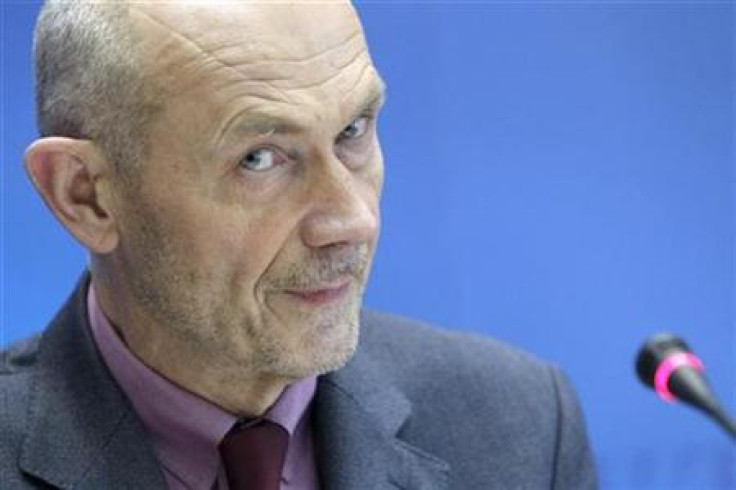TTIP: Italy and EU Commissioner Lobby for Negotiation Mandate to be Made Public
EU trade commissioner Karel De Gucht backs Italy's call to declassify Transatlantic Trade and Investment Partnership mandate

In a letter co-signed by the Karel De Gucht, EU trade commissioner, the Italian government has urged EU members to declassify documents relating to the controversial mooted free-trade agreement between the EU and US.
Discussions over the Transatlantic Trade and Investment Partnership (TTIP), which would be the biggest free-trade agreement in history, have been plagued by allegations of poor transparency and a lack of democratic process.
The Italian deputy minister of economic development, Carlo Calenda, who is also president of the Council of European Ministers, has lobbied the EU's other 27 member states to make the TTIP mandate public.
The mandate is a set of guidelines for EU negotiators to follow, which were agreed by the members of the EU.
Secret mandate
The support of Commissioner De Gucht could be vital, since he is one of Brussels' principal supporters of the agreement. His spokesperson Isaac Valero confirmed to IBTimes UK that De Gucht fully supports introducing more transparency to the negotiations.
However, there can't be a change in the classification status, unless all 28 EU member states agree on it. At the beginning of discussions, which opened in Enniskillen, Northern Ireland, last year, parties agreed to proceed on a confidential basis.
Negotiations had been initially earmarked for completion by the end of 2014, but there is no chance of this happening now, as parties seem to be miles apart in their views on certain key elements of the agreement, including financial services.
The investor-state dispute settlement (ISDS) clause has also been a bone of contention, particularly with non-governmental protestors. Campaigners claim the clause will allow corporations to sue governments for loss of earnings, should national regulation come in the way of profits.
Health service danger
In the UK, the clause has proven particularly controversial. Campaigners fear that if the NHS is not open to private investors from the US, they could bring legal action against the UK government.

In an interview with Austrian daily newspaper Der Standard published yesterday, Pascal Lamy, who has previously been the head of the World Trade Organisation (WTO) and the EU Trade Commissioner, said that there was no need for ISDS to be included in the treaty.
"This is not necessary. This could be excluded. This is important when a company from Europe or the United States invests in a small developing country," he said. "As an investor, you often do not trust the justice system. Then one has to go to arbitration. The question is whether we need it between the EU, and the United States and Canada."
Analysts are divided on what the benefits of TTIP would be. A European Commission study showed that a "comprehensive and ambitious TTIP would bring overall annual GDP gains of 0.5% for the EU (€119 billion) and 0.4% (€95 billion) for the US, once fully implemented (2027)".
However, a report earlier this year by academics at the Universities of Ghent and Manchester found that the "estimated gains from TTIP are very small".
© Copyright IBTimes 2024. All rights reserved.






